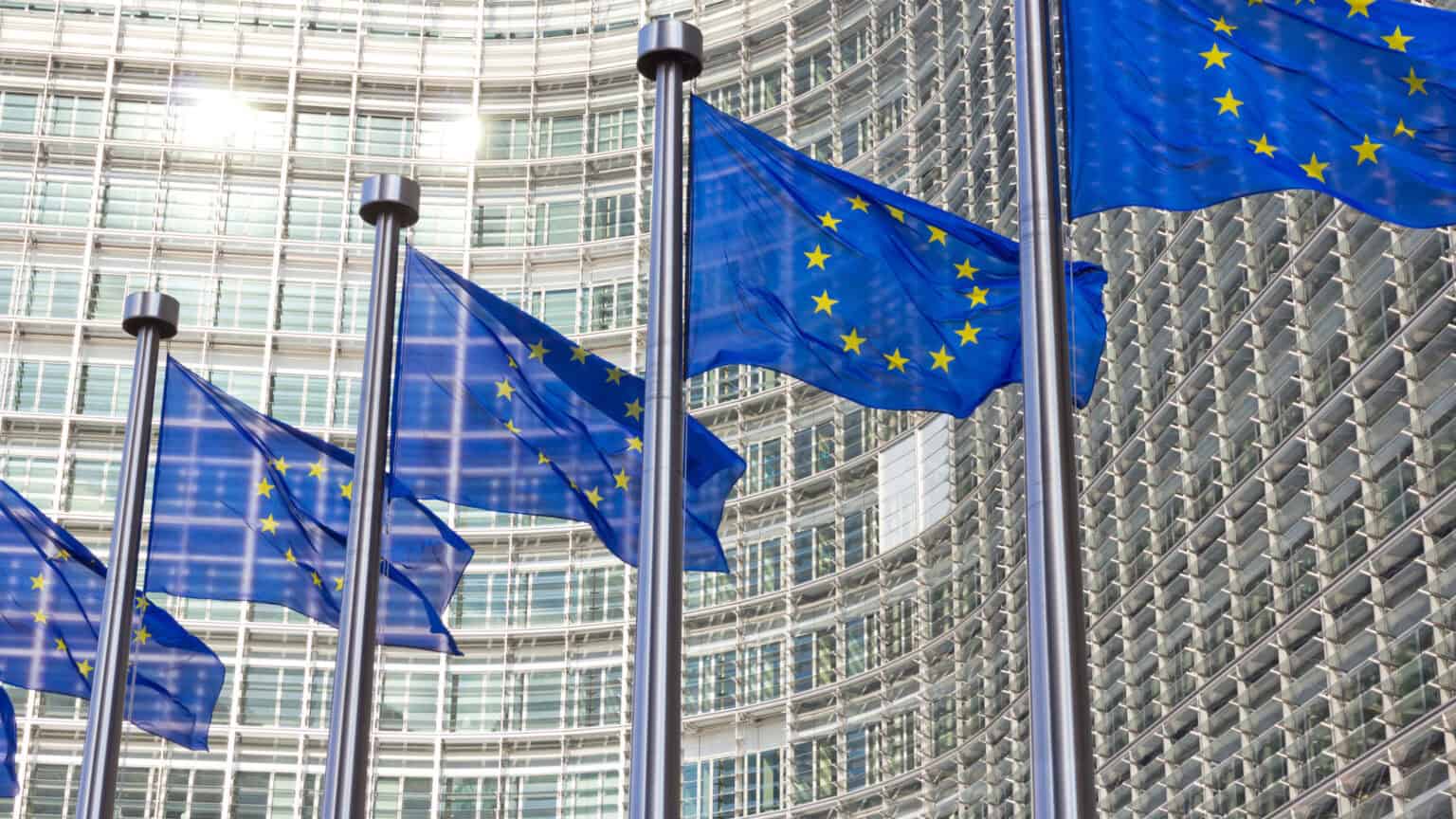Set against a backdrop of growing environmental consciousness and regulatory scrutiny, the European Union (EU) has taken significant steps to promote sustainability and combat greenwashing. One key initiative in this effort is the Green Claims Directive (GCD), which was updated in June 2024, when the Council adopted its general approach to the proposed directive. The finalised GCD text is expected to be agreed and adopted early/mid 2025. This directive is designed to enhance transparency, prevent misleading environmental claims and foster genuine sustainable practices among businesses.
So, what are the key components of the updated Green Claims Directive and the implications for both businesses and consumers?
What is the Green Claims Directive?
The Green Claims Directive is part of the EU’s broader Green Deal, a comprehensive policy framework aimed at making Europe climate-neutral by 2050. The directive specifically targets green claims, which are statements made by companies about the environmental characteristics of their products or services. These can include claims like ‘eco-friendly’, ‘carbon-neutral’ or ‘biodegradable’.
Greenwashing, or the practice of making false or exaggerated environmental claims, has been a major issue, leading to consumer mistrust and undermining genuine sustainability efforts. The Green Claims Directive aims to curb this by ensuring that businesses making environmental claims must substantiate them with verifiable evidence.
Why was the directive updated?
The previous version of the Green Claims Directive laid the groundwork for regulating environmental claims, but it was found to be insufficient in addressing the complexities of greenwashing in today’s marketplace. A study by the EU Commission found that over half of the environmental claims made by businesses were vague, misleading, or unsubstantiated.
The update to the directive strengthens the regulatory framework to address the surge in sustainability claims and to hold businesses more accountable. It seeks to provide consumers with clear, accurate, and comparable information to make informed purchasing decisions, while rewarding companies that truly invest in sustainable practices.
Key components of the updated directive
Stricter verification requirements
The updated directive requires businesses to back up their environmental claims with solid evidence. This means that if a company advertises a product as ‘sustainable’, or ‘carbon-neutral’ it must provide credible, scientifically valid data to prove it. This data must be verified by third-party certifiers, ensuring transparency and impartiality.
For example, if a company claims that its packaging is ‘100% recyclable’ it will need to show evidence, such as certification from a recognised body, that all components of the packaging can indeed be recycled in existing facilities.
Ban on generic claims
The directive emphasises that claims must be precise and understandable for the average consumer. Ambiguous terminology, vague or overly broad claims such as ‘eco-friendly’, ‘green’ or ‘environmentally safe’ are no longer allowed unless accompanied by specific, verifiable information, and businesses must provide context to explain what specific environmental benefit their product or service offers.
For example, a company can no longer simply state that their product is ‘sustainable’ without providing context, such as explaining the materials used, the energy consumption during production, or the impact of the product’s life cycle on the environment.
Introduction of digital product passports
The directive introduces digital product passports, which allow consumers to access detailed information about a product’s environmental impact. These passports include data on material composition, sustainability certification, recyclability, and carbon footprint. This not only enhances transparency but also encourages circular economy principles by helping consumers make sustainable choices throughout the product lifecycle.
Tackling green logos and certifications
The proliferation of environmental labels and certifications has often left consumers confused. Under the updated directive, only certifications that meet EU standards will be allowed. This is intended to streamline the use of logos and labels, ensuring that only those backed by rigorous assessment processes are displayed on products. The aim is to eliminate the use of false or misleading certifications.
Greater accountability and penalties
The updated directive introduces stricter enforcement mechanisms and penalties for businesses that violate its provisions. EU member states are now required to implement sanctions, which can include fines or market bans on products found to be falsely advertised. This aspect of the directive ensures that businesses face tangible consequences for engaging in greenwashing.
Lifecycle impact assessments
The new rules encourage businesses to take a holistic view of a product’s environmental impact by considering its entire lifecycle, from raw material extraction to disposal. Claims that focus solely on one aspect of a product’s environmental impact, such as carbon emissions during production, must now also consider other factors, like resource use and end-of-life disposal.
How the directive impacts businesses
For businesses, complying with the updated Green Claims Directive may require investment in auditing and certification processes. Companies will need to dedicate resources to gather data, verify claims, and meet stricter standards. While this may initially increase costs, it also presents an opportunity for businesses that are genuinely committed to sustainability. Our ECOsmart certification scheme is a cost-effective, easy-to-use process that will help you to identify areas of strength and improvement in your sustainability practices.
Companies that align with the directive will not only avoid penalties but also benefit from increased consumer trust and loyalty. In the long term, embracing sustainability is likely to enhance a company’s reputation and competitiveness as consumers become more environmentally conscious.
Competitive advantage for sustainable leaders
The directive effectively levels the playing field for businesses, rewarding those that truly invest in sustainable practices. Companies that have made genuine efforts to reduce their environmental impact will now be able to distinguish themselves from competitors who previously used misleading claims to gain market share.
Market access in the EU
For companies outside the EU wishing to sell their products within the EU, compliance with the directive is essential. Non-EU businesses will have to meet the same standards as EU-based companies, ensuring that the global supply chain adopts more transparent and sustainable practices.
How the directive helps consumers
Enhanced consumer protection
Consumers can now feel more confident that the products they buy genuinely meet the environmental standards they claim to. The directive’s focus on clear and accurate labelling allows consumers to make more informed choices and supports the broader shift towards a sustainable economy. This can be solidified with a green certification, such as our ECOsmart certification for hotels, event venues, and agencies.
Access to reliable information
With digital product passports and verified certifications, consumers have access to detailed, reliable information about the environmental impact of their purchases. This helps environmentally conscious consumers make choices that align with their values, reducing the risk of being misled by greenwashing.
Overview
The updated EU Green Claims Directive is a powerful tool in the fight against greenwashing and the promotion of sustainable practices. It enhances transparency, protects consumers, and incentivises businesses to engage in genuine environmental efforts. While it may pose challenges for businesses, particularly in terms of compliance costs, it also presents significant opportunities for companies that prioritise sustainability. For consumers, it offers clarity and confidence, helping them make more informed and responsible purchasing decisions.
As the world continues to grapple with environmental challenges, initiatives like the Green Claims Directive are crucial in driving positive change. By holding businesses accountable and empowering consumers, the EU is setting the stage for a more sustainable future.
Get in touch with us for more advice, our friendly team of sustainability experts are on hand to help.



